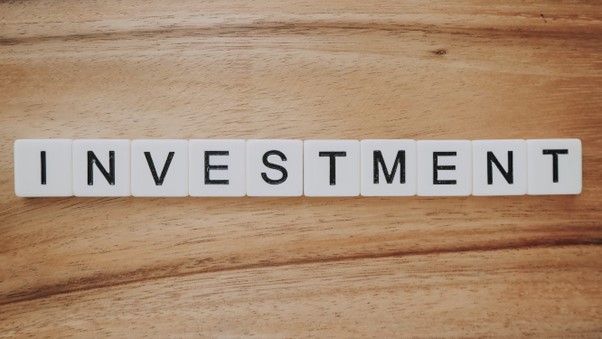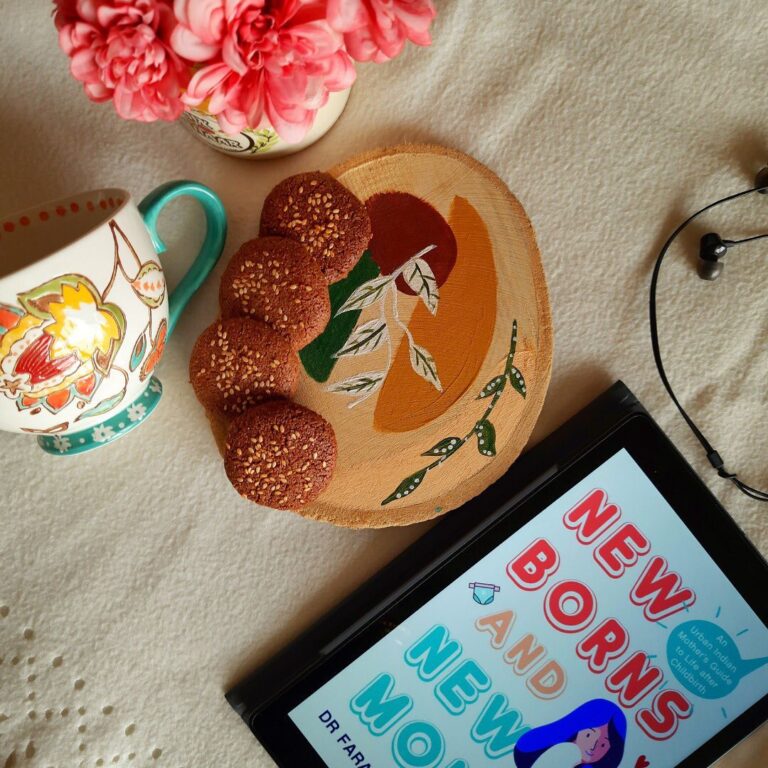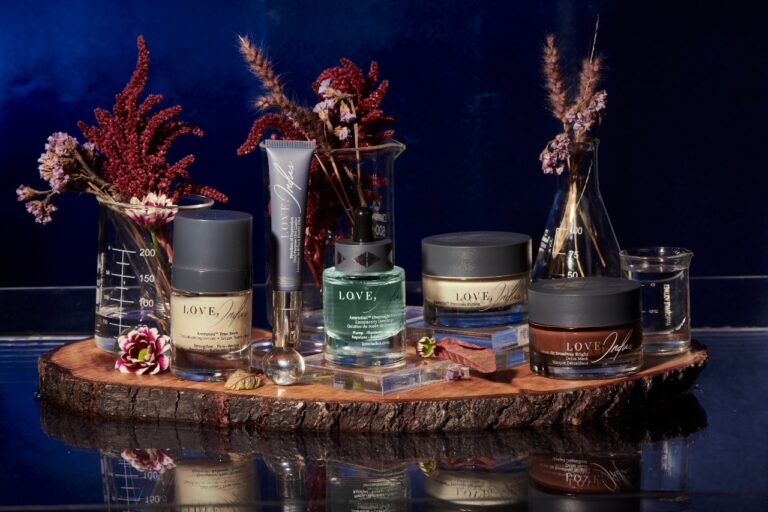What brings an idea into action if not for the backing of investment and funding? As a cultural entrepreneur looking to jump out of the bootstrapped model, it is essential to understand what potential investors think about before they put their money into your brand. Conveying your product’s value and authenticity is crucial in building trust with your investor. The more faith you instill in them, your enterprise’s chances of growing in the industry improve.
Cultural enterprises are undoubtedly a significant value-add to society, so investors think it necessary to support their growth. Read on to find out what Ashwathanarayana Shastry – a Leader and an investor in cultural enterprises, has to say about the scrutiny process behind the scenes of putting his money in such companies.
Adukale is a cultural food enterprise selling ready-to-eat items made with natural ingredients without any added preservatives. Naming their brand Adukale – meaning ‘Kitchen’ in their native dialect Sankethi, the founders of Nutriments Pvt Ltd started their journey almost 10 years ago. They are growing quickly with almost 20 Lakh customers nationwide.
Ashwathanarayana Shastry, one of the investors for Adukale, talks about the process and challenges behind investing in cultural enterprises. Ashwathanarayana along with his ex-colleagues at Infosys started a Social Venture to invest in early seed level companies that are heading towards becoming promising startups.

Read on to find out what Ashwathnarayana has to say about Adukale’s growth along with the broader picture of being an investor in other such cultural enterprises.
Investing with Patience
Around the years 2015-2016, a few colleagues and I decided to create a 1 million USD fund with an aim to invest in companies heading towards a promising level of business. We would primarily focus on enterprises that began with their own funding but needed help to grow further.
One mutual contact gave us really good reviews about Adukale and their products so we decided to try them out. For three months we continuously tested the authenticity and consistency of their product – before we decided to invest in them. The flavor of their product hit home and felt really promising.
We decided to visit their factories to further understand their packaging process. They were very flexible in taking criticism and ideas, which was a plus factor.
Researching the industry – How Adukale was set up
Surprisingly, one of the co-founders – Malathi Sharma hailed from an artistic background. She was a playback musician who decided to start Adukale after interacting with people from the F&B industry. Malathi along with Nagaratna Ravindra and her husband Mr. Ravindra went on to set up their gourmet and heritage food brands after grasping the knowledge of the same.
The company is looking at various levels of expansion and has a lot of ambition for growth. We also spoke to Bharat Kaushik, the current CBO about their future prospects and expectations. They have quite a bit planned both within the country as well as on expanding overseas.
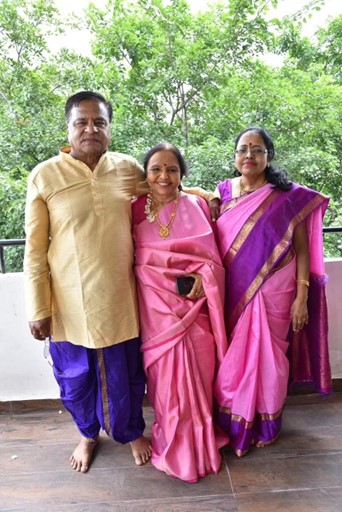
Making a mark in the industry – The importance of Brand Differentiation
One of the biggest challenges Adukale faced was to create a niche for itself in an already thriving industry. Dominated by well-known brands like MTR, they had to carve out a factor that differentiated them from other ready-to-eat-selling brands. Their product was nothing short of good taste, consistency, or convenience. But putting it out to customers was a problem to solve.
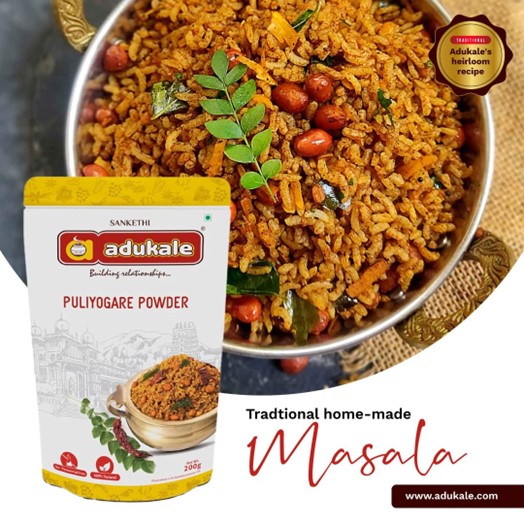
They overcame this issue by selling their products in organic food stores. Since their products were 100% natural with no added chemicals or preservatives, their products appealed to a very organic-centric community within the customers. With attractive and efficient packaging, the products gained good appeal from regular customers.
Dealing with stagnant volume – Adukale’s move to gain new customers
Despite being a hit in organic stores, their customer volume did not grow significantly. From the customer’s point of view, the likeliness of buying a product stems from its ease of availability. Keeping this in mind, they started delivering products during the pandemic, to ensure customers could access their products during the lockdown period.
There are a lot of youngsters living abroad who purchase and take 3-4 months’ worth of stock along with them. So there is a high scope for entering the international market, which Adukale plans to work on. They need to tackle shipping and other regulations between countries before gaining recognition internationally.
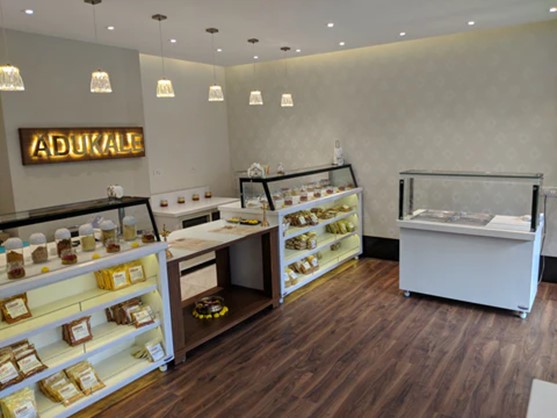
Adukale is also investing in building more “experience stores” for its products within the country. The concept behind these stores is to let customers taste and experience the product before purchasing it. They currently have two such stores in Bangalore.
Future funding for enterprises like Adukale
I think this venture can sustain itself with the profits it’s making. They might need a little support during expansion but looking ahead, they might only be in search of partnership possibilities with bigger brands.
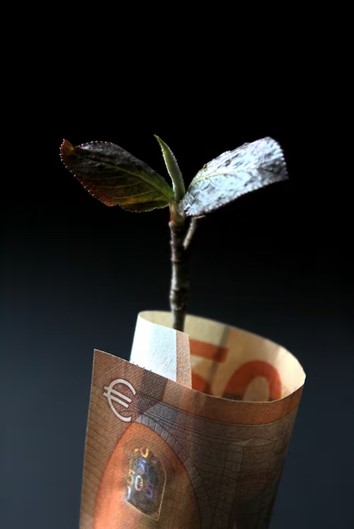
Most of the 10-12 brands we have invested in are also heading towards being a unicorn, so growth-wise these companies are doing really well.
Despite COVID striking a huge blow on some cultural ventures, they are performing reasonably well in the market.
Establishing an ecosystem of cultural entrepreneurs through NICEorg
Most cultural enterprises have good products but no market to sell them in. Creating an outlet for themselves is a major roadblock for such ventures. For instance, I came across a toy-making company producing a wide variety of toys using clay, wood and other natural materials. However, their market size is severely limited due to a lack of understanding of the same.
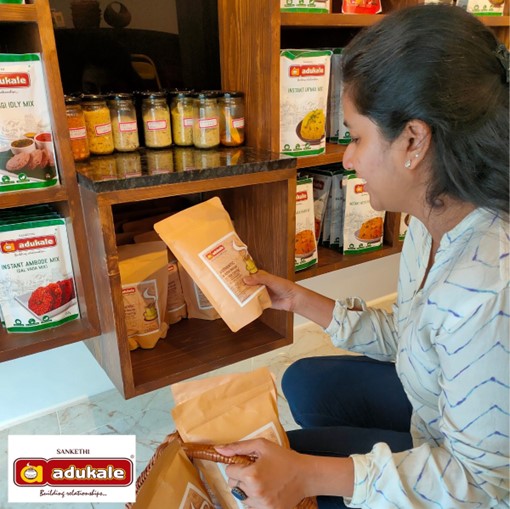
A key aspect for growth is to bring your products as conveniently to the customer as possible. If the product is readily available in the market, the customer will want to purchase it. We need to form an ecosystem for all such enterprises so they can collectively put their brand out there and gain more recognition and business.
Collaboration with NICEorg
We need to come together as a community especially when our goals are aligned. During the pandemic, for instance, there was a food shortage in Bangalore. Some of us decided to do our bit and tackle this issue to whatever extent possible. We put out a word for people willing to volunteer to cover costs, help prepare meals as well as distribute the food. Slowly, a lot of them came together as a group and we ended up providing close to 10,000 meals a day. This is a small example of how impactful an ecosystem of like-minded people can be.
It is wonderful that NICEorg is working towards establishing just that. I would love to help and collaborate with NICEorg in their initiative to do just the same, which will impact this section of enterprises in a massive manner.
